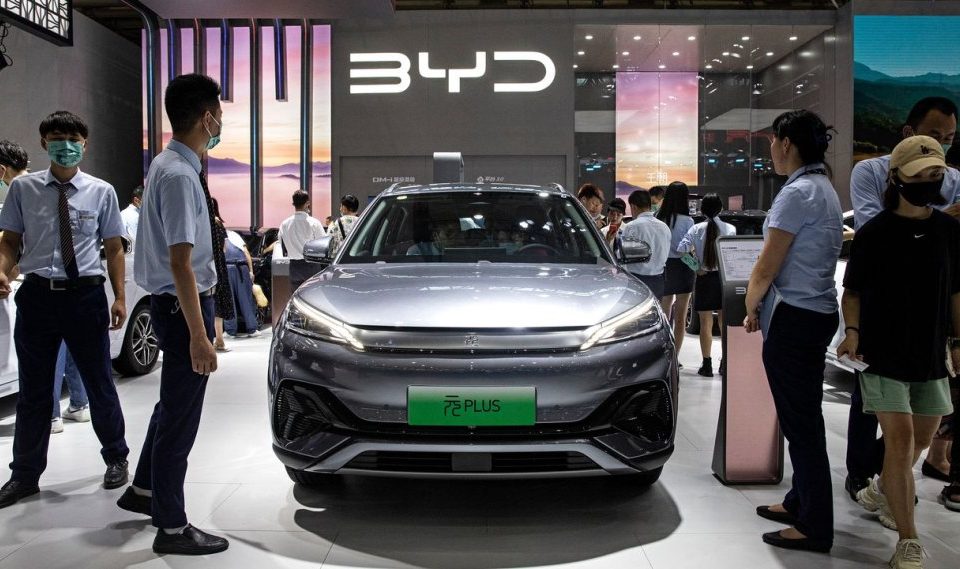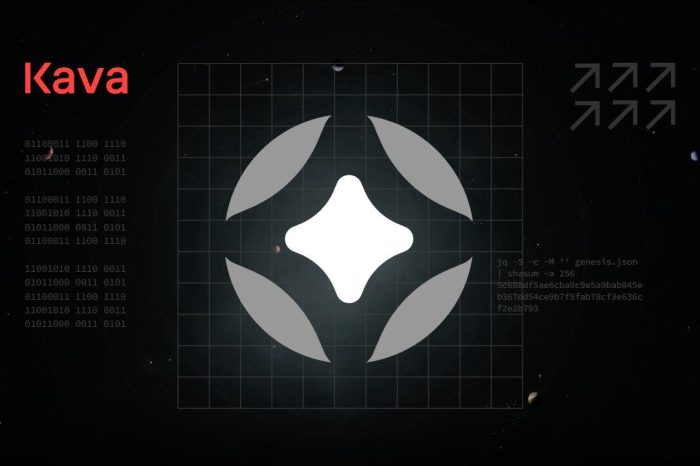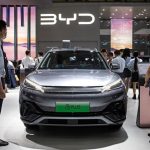China’s largest EV maker BYD to buy US-based Jabil’s mobility business for $2.2 billion

The ongoing surge of mergers and acquisitions (M&A) activity that originated at the start of summer is in full swing. Joining the wave is China’s largest electric vehicle (EV) manufacturer, BYD.
Today, BYD announced that its electronics division has reached an agreement with the U.S.-based firm Jabil Inc. to buy its mobile electronics manufacturing business in China for a total of 15.8 billion yuan, equivalent to approximately $2.2 billion.
The acquisition is set to significantly enhance BYD Electronic’s clientele, range of products, and its smartphone components business. This strategic move is geared toward capitalizing on Jabil’s potential growth trajectory within this industry.
The Singapore-based Jabil Circuit is renowned for its production of printed circuit boards. The company recently launched a subsidiary that assimilated its product manufacturing operations in Chengdu and Wuxi. These operations will now be divested to the Chinese conglomerate. Following this announcement, Jabil’s shares experienced a 6% uptick, reaching $109.50 in early trading.
BYD Electronic observed an initial decline of up to 9% in its Hong Kong-listed shares. However, this trend reversed course, resulting in a flat close. Concurrently, the broader market exhibited a 1% increase. The parent company, BYD, also listed in Hong Kong, saw its stock conclude the day with a 0.7% gain.
Although presently renowned for its electric vehicle endeavors, BYD’s origins trace back to the sale of electronic components. In 2007, the company initiated the listing of its BE unit on the Hong Kong Stock Exchange.
“While improving BE’s market share of products, the acquisition will effectively synergize with BE’s existing products, enhance the overall competitiveness, ensure long-term sustainable development,” BYD said in an exchange filing, without saying anything about the acquisition.
Commenting on the acquisition, Tu Le, founder of consultancy Sino Auto Insights told Reuters, “For BYD, I think it’s a reminder that they do more than just dominate in EVs.” He also that BYD was higher up in the mobile supply chain and was a supplier to Apple.
This agreement has the potential to optimize Jabil’s portfolio, particularly considering the gradual reduction in business from its significant client Apple. Data from UBS analysts reveals a decline from constituting 28% of the company’s fiscal 2018 revenue to a mere 19% in fiscal 2022.
Jabil Circuit collaborates with enterprises in various sectors such as healthcare, telecommunications, and computing and storage. Its objective, as indicated on its website, is to advance supply-chain intelligence.
BYD made its foray into the automotive sector in 2003 by acquiring the Nanjing-based automaker Qin Chuan. This strategic move allowed BYD to gain access to a car manufacturing permit.
Founded in 1995 as “Build Your Dreams” (BYD), this influential Chinese conglomerate has gained prominence for its extensive portfolio across diverse industries. Beginning with a focus on rechargeable batteries, BYD swiftly rose to become a world leader in electric vehicle battery technology. Today, the company’s pursuits have diversified to encompass electric vehicles, conventional automobiles, solar power solutions, and electronic components. BYD’s resolute dedication to sustainability and forward-looking innovation positions it as a trailblazer in the electric mobility domain, aiming not only to transform transportation but also to tackle environmental issues head-on.

